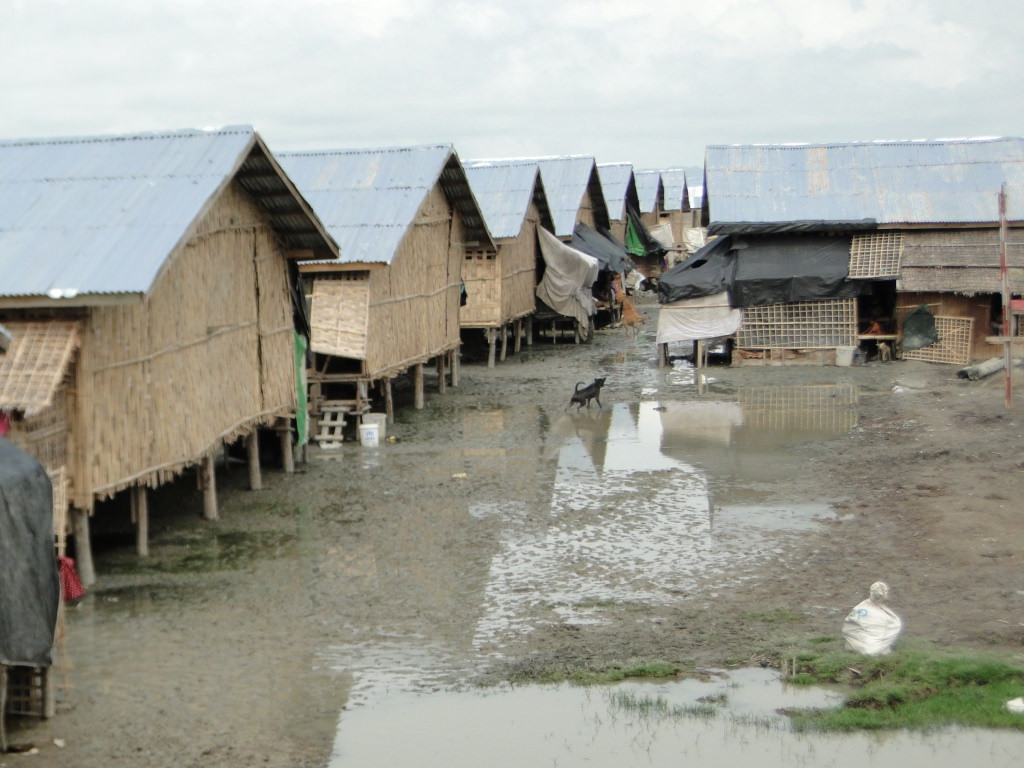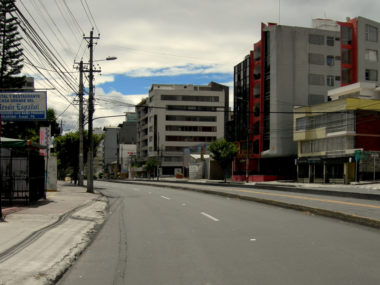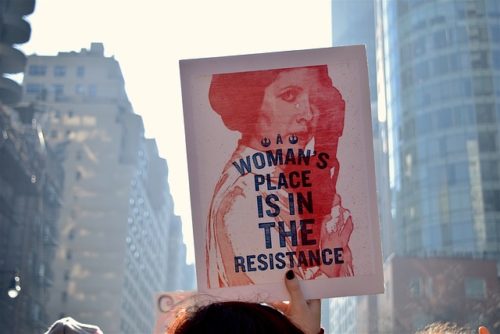Guest post by Sam Schiffer.
Half a million ethnic Rohingya, a Muslim people, have fled their native Myanmar only to endure more state-sponsored discrimination from neighboring Bangladesh. Kept in squalid conditions in the area near the Burmese border by the Bangladeshi government – controlled by the Awami League – the Rohingya lack access to basic healthcare, education, and employment. They have also not been given asylum or granted official refugee status. In addition, since 2010, the Bangladeshi government has halted all third-party settlement of Rohingya refugees, banned almost all humanitarian organizations from the refugee population centers, and outlawed marriage between Bangladesh nationals and Rohingya migrants. Why is the Bangladeshi government treating the Rohingya so poorly?
The answer has to do with Bangladeshi politics. Rohingya population centers in Bangladesh are political strongholds of the ruling Awami League’s main opposition parties, the Bangladesh National Party and Jamaat-e-Islami, both of which have expressed their support of the Rohingya. With Bangladesh’s history of coups, political upheaval, and non-peaceful regime change, Prime Minister Sheikh Hasina has been reluctant to give any of her government’s opponents – or their allies – an opportunity to gain a foothold in the country.
Security concerns also drive the attitude towards the ethnic group. On June 15, Bangladesh Foreign Minister Abul Hassan Mahmood Ali identified the Rohingya as a threat to national security. He claims the Muslim minority are engaged in drug-smuggling, exacerbating the growing methamphetamine epidemic sweeping across the country. It is true that the rise in drug trafficking in the country can be attributed (at least in part) to the mass movement of Rohingya into Bangladesh, but that is because their illegal status in the country makes them easy pawns for crime syndicates. If the Rohingya were allowed to obtain gainful employment in Bangladesh, syndicates would not be able to prey on their vulnerability. Ignoring this, officials have used the rise in drug smuggling as evidence to justify their campaign against migrants.
Despite being largely defunct since the 1980s, the Rohingya Solidarity Organization is seen as a serious threat by the government. The RSO was a militant group known for attacks on the Myanmar-Bangladesh border and close links with Jamaat-ul Mujahideen Bangladesh, an Islamist group that has both carried out assassination attempts on Awami League government leaders and denounces the League’s secular policies. Using dubious evidence to support their claims, however, the Bangladeshi government has used the RSO as yet another justification for discriminatory tactics against migrants. The Awami-League is no stranger to violently silencing political foes by using terrorism as a scapegoat: by hanging their leader and forbidding them from running for office, the aforementioned Jamaat-e-Islami party has been pushed out of the Bangladesh political arena almost entirely.
The Rohingya can be used as important political tools by parties opposing the Awami League. With numbers close to half a million, Jamaat and the BNP can mobilize support from the Rohingya for challenges against the government. Accusing the Awami League of rigging elections in 2013, backed by 18 other opposition parties, the BNP has already proved they can lead strong resistance efforts. It is in the Awami League’s interest to suppress these minorities in order to keep support for the opposition minimal.
Earlier this year, Bangladesh proposed relocating 300,000 Rohingya to an island in the Bengal Sea, Thengar Char. The newly formed island is prone to flooding and has been deemed unlivable by critics of the relocation. According to the government, the plan was initiated in 2015 to “minimize conflict between Bangladeshis and the Rohingya.” The relocation was revived in January due to the new influx of migrants and to strengthen Bangladesh’s tourism push: Cox’s Bazar, home to most of the Rohingya in Bangladesh, is also home to Bangladesh’s largest resort. The plan is showing no signs of slowing, despite pushback from human rights organizations and even some government officials who are wary of the relocation.
Much of Bangladesh’s lack of positive action can be attributed to the fact that they are not a party to the UN Refugee Convention, like much of South Asia. The 1951 treaty is an important document that keeps nations accountable when it comes to treating displaced persons. While Bangladesh seems to be slipping into autocratic leadership, this is no excuse to mistreat refugees. Many authoritarian governments are signatories to the treaty, including Russia, Iran, and Afghanistan. Signing this treaty will be a significant step to adopting policies that better protect the vulnerable Rohingya.
With the situation in Myanmar approaching genocidal levels, the outflow of Rohingya refugees into Bangladesh is showing no signs of slowing. Bangladesh is shouldering the lion’s share of the refugees and, understandably, will have trouble providing for their care. The key for Bangladesh to move forward is to allow NGOs and aid organizations to help care for the Rohingya and move towards third country settlement, an important step that Thailand has taken with its own Rohingya population. If Bangladesh continues their current policy of discrimination and relocation, not only will the Rohingya suffer, their security fears may become realized: refugee camps can become breeding grounds for the very extremism Bangladesh is trying to suppress.
Sam Schiffer is an undergraduate student intern at the Prince Mohammad Bin Fahd Program for Strategic Research and Studies at the University of Central Florida where he is pursuing a dual-major in Political Science and Journalism.






1 comment
Great piece, and written by an undergrad–wow! I would argue a slight clarification in one statement: “It is in the Awami League’s IMMEDIATE, UNENLIGHTENED interest to suppress these minorities in order to keep support for the opposition minimal.” Repression backfires eventually, but of course we’ve got a lot of dictators yet to be persuaded of that.